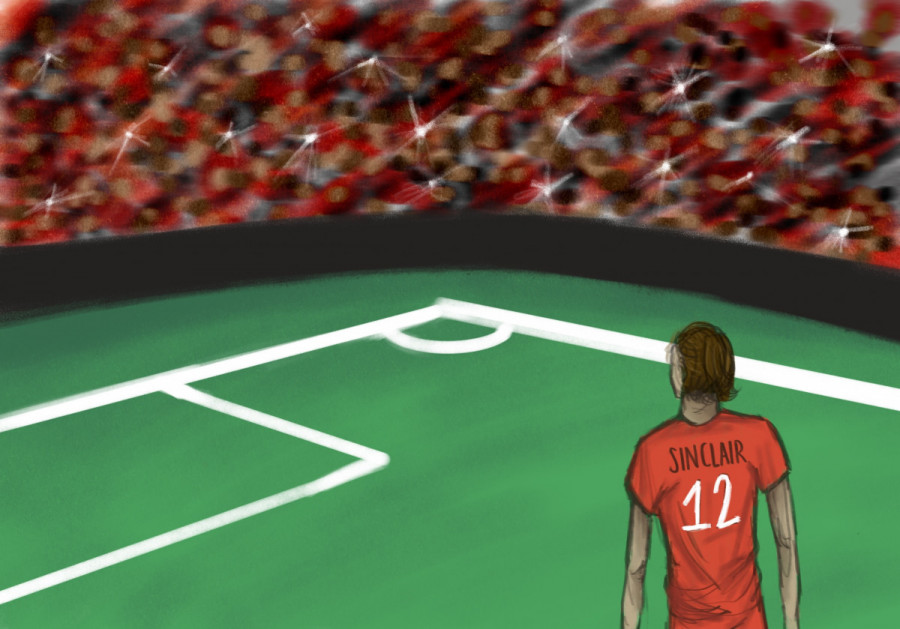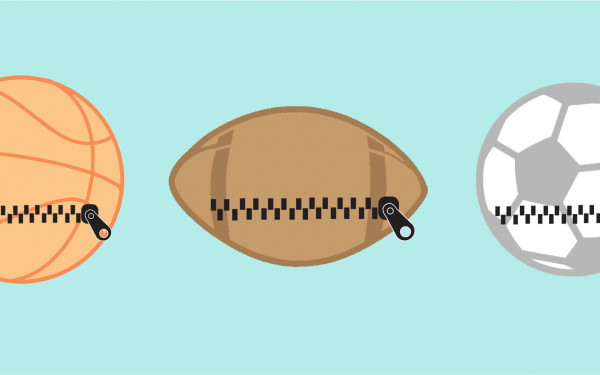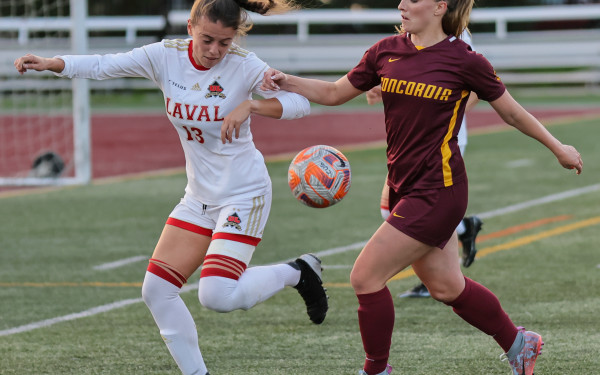The new age of Canadian women’s soccer: Lessons, not letdowns
We cannot let the World Cup undermine the progress of women’s soccer in Canada
I grew up knowing a decent amount about professional soccer, but almost nothing about women’s soccer specifically.
I have two older brothers who absolutely love the sport—they were players themselves. My siblings loved soccer so much that a certain level of knowledge was passed onto me. Without ever really following the sport too closely: I had a favourite player, knew a good few dozen star players and had a rough idea of which Premier League or Europa League teams were the best.
However, this was all men’s soccer.
This year, I realized that I didn’t know nearly as much about women’s soccer as I did about men’s. On an international scale, women’s soccer isn’t talked about, advertised or funded nearly as much as men’s soccer is. Essentially, the women’s game isn’t appreciated as a sport in the same way the men’s is.
For women’s soccer to be so underappreciated in this country is ridiculous, given that our national team is ranked far higher than the men’s team.
In Canada, someone that wants to get to know women’s soccer has to consider far more than simple performance. Women’s soccer is much more nuanced than men’s—they work hard on the pitch to win games, and work hard off the pitch to receive equal rights to their male counterparts.
In July, the women’s national team made a deal with Canada Soccer, allegedly ensuring they’d be paid equally to the men’s team at the World Cup. It was a big step in an ongoing labour dispute that the team has been dealing with for the past two years. One they had been fighting while training for the World Cup and while playing international matches. However, as the team stated on social media earlier this year, the deal came at a price.
"We have been forced to choose between compensation and the funding required to hold necessary training camps. We have been forced to choose between receiving a fair share of the rewards from our teams' successes at the World Cups and our commitment to equal pay and equal treatment,” the national team wrote in the statement.
Canadian team captain Christine Sinclair added that there is an ongoing lack of resources for the women’s national team as well as youth teams across Canada.
And still, we’ve been so quick to criticize the team lately.
For instance, a columnist for The Globe and Mail wrote that the Canadian women’s team “lacked either the will or personnel” to advance past their opponents and make it out of the group stages of the 2023 FIFA World Cup.
Perhaps the team underperformed due to lack of personnel, but the way I see it, a two-year long battle off the pitch for equal rights does not exactly equate to a “lack of will.”
I do believe there is a silver lining to all of this. Canada’s national women’s soccer team has made its mark over the past few years, most notably with its gold medal position at the Tokyo 2020 Olympic Games.
We, as both fans and media members, have been quick to criticize the team this year given its performance at the FIFA World Cup, but we shouldn’t undermine the reputation it built over the past few years.
On top of this, a recent poll conducted by Ipsos showed the fanbase was there. The Women’s World Cup this year garnered more interest in Canada, with 41 per cent of Canadians saying they’d be “paying close attention to the matches,” compared to 34 per cent for the men’s World Cup last year.
The battle for equal rights in women’s sports is a fight that will likely continue for a while, and while it does not take away from the talent that exists on our national team, it does affect their ability to perform at their maximum potential.
I would love to see my peers and the people around me talk about our women’s team more often—and with more appreciation—in the future. After all, in the last 20 years, the national team has almost consistently ranked within the top ten most favoured teams to win world tournaments such as the FIFA World Cup. Once again, they did this while receiving little to no support from their own federation.
That alone is worthy of immense appreciation.
This article originally appeared in Volume 44, Issue 2, published September 19, 2023.







